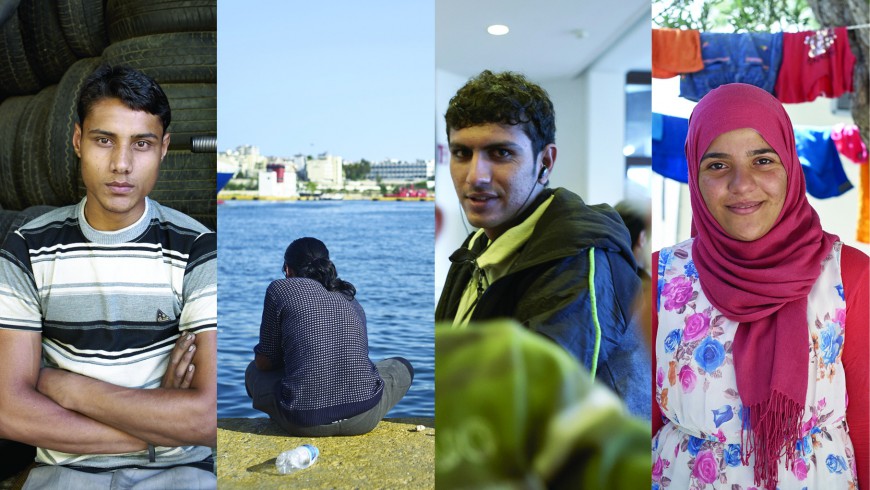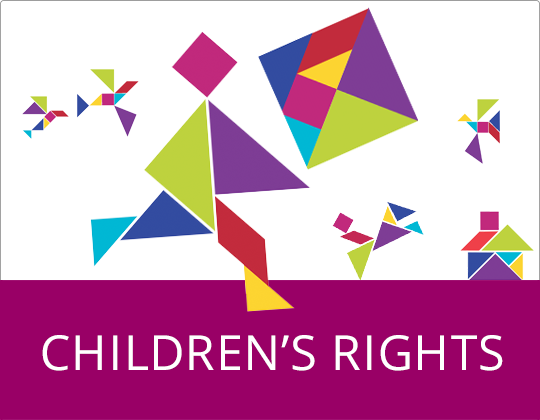A new report “Age assessment: Council of Europe member states’ policies, procedures and practices respectful of children’s rights in the context of migration” has been issued today.
This report, prepared by an independent expert, is based on a survey conducted in 37 Council of Europe member states in spring 2017, as well as on secondary sources analysis. The aim of the report is to provide a factual overview of the current situation in the member states and support the Council of Europe’s work in developing guidelines on age assessment which respect children’s rights in the context of migration.
Age assessment is a formal procedure by which the authorities seek to establish the chronological age of a person and determine whether he/she is an adult or a child, to take a decision on his/her entitlements, rights and duties.
The report reveals a highly fragmented situation in Europe; the rights and procedural safeguards afforded under international and European standards are not upheld consistently across member States.
Among the key challenges is the lack of common approach to age assessment procedures in Europe. A deficit of scientific and empirical basis creates a risk of an arbitrary result. As the main principle, the margin of error in age assessment should always be applied in favour of the person: he/she should be treated as a child. Otherwise, the children risk being detained in unsuitable facilities and consequently exposed to abuse and violence. Out of 37 countries surveyed, only 20 take the margin of error into account.
The child and his/her guardian should give their consent to the age assessment, which is the case only in 26 out of 37 countries surveyed. The child should have the right to refuse participation, especially in medical examinations.
Invasive methods employed by States – such as dental examinations, X-rays and especially sexual maturity examination which is still used by seven states - may cause physical or mental harm. The use of invasive medical exams should be reduced to a minimum and has to remain a measure of last resort, the report says.
Age assessment should be conducted by specially trained professionals with expertise in child development. Gender, culture, personal stories and family background of the children must be taken into account. Such multi-disciplinary approach is still rare; it is applied by only 19 member states surveyed.
The report concludes that the ultimate goal of any procedure should be to ensure the protection of the person’s rights, and to prepare him or her for the future transition into adulthood and independent life.




